The Department of Civil Engineering started Bachelor of Engineering (B.E.) in the academic year 2004-05. The Department has started Master of Technology (M. Tech) in Structural Engineering in the academic year 2013 – 14, with an intake of 24 students. Department is accredited by NBA for 3 years up to 2022 and Permanent affiliation from VTU for UG program up to 2022. Department has established Centre of excellence in BIM & Infrastructure Engg Softwares. The Department has qualified and experienced faculty members with minimum qualification of M.Tech. The Department has Professors, Associate Professors and Assistant Professors, and Non-Teaching Faculty satisfying the guidelines of AICTE.
To emerge as an excellent department to impart quality education and research in undergraduate programme through effective teaching learning process and good infrastructure to produce competent Civil Engineers.
Establishing State of art facilities to meet the needs of academics and research.
Engaging the qualified and experienced faculty to disseminate the knowledge through effective teaching learning process.
Provide rigorous hands-on training on Civil Engineering software tools to build the competencies and skills among students and faculty.
Establish centre of excellence in specialized areas and topics of Civil Engineering.
PEO 1
Graduate will pursue a successful career in the field of civil engineering or related field, utilizing his/her education and contribute to the profession as an excellent employee or an entrepreneur.
Graduate will pursue higher studies and engage in applied research leading to innovations and enhancement in the quality of built environment.
PEO 3
Graduate will be committed to life-long learning to update his/her knowledge in field of Civil Engineering for best professional practice.
PEO 4
Graduate will demonstrate high standard of professional ethics and communication skills and function effectively as an individual and team member in a multi-disciplinary environment.
PSO 1
Application of Civil Engineering concepts to solve Civil Engineering problems using modern tools and techniques.
PSO 2
Identify and recommend alternative Engineering methods and materials for sustainable development
1. Engineering Knowledge: Apply the knowledge of mathematics, science, engineering fundamentals, and an engineering specialization to the solution of complex engineering problems.
2. Problem Analysis: Identify, formulate, research literature, and analyze complex engineering problems reaching substantiated conclusions using first principles of mathematics, natural sciences, and engineering sciences.
3. Design/development of Solutions: Design solutions for complex engineering problems and design system components or processes that meet the specified needs with appropriate consideration for the public health and safety, and the cultural, societal, and environmental considerations.
4. Conduct Investigations of Complex Problems: Use research-based knowledge and research methods including design of experiments, analysis and interpretation of data, and synthesis of the information to provide valid conclusions.
5. Modern Tool usage: Create, select, and apply appropriate techniques, resources, and modern engineering and IT tools including prediction and modeling to complex engineering activities with an understanding of the limitations.
6. The Engineer and Society: Apply reasoning informed by the contextual knowledge to assess societal, health, safety, legal and cultural issues and the consequent responsibilities relevant to the professional engineering practice.
7. Environment and Sustainability: Understand the impact of the professional engineering solutions in societal and environmental contexts, and demonstrate the knowledge of, and need for sustainable development.
8. Ethics: Apply ethical principles and commit to professional ethics and responsibilities and norms of the engineering practice.
9. Individual and Team Work: Function effectively as an individual, and as a member or leader in diverse teams, and in multidisciplinary settings.
10. Communication: Communicate effectively on complex engineering activities with the engineering community and with society at large, such as, being able to comprehend and write effective reports and design documentation, make effective presentations, and give and receive clear instructions.
11. Project Management and Finance: Demonstrate knowledge and understanding of the engineering and management principles and apply these to one’s own work, as a member and leader in a team, to manage projects and in multidisciplinary environments.
12. Life-long Learning: Recognize the need for, and have the preparation and ability to engage in independent and life-long learning in the broadest context of technological change.
PEO 1
Graduate will pursue a successful career in the field of civil engineering or related field, utilizing his/her education and contribute to the profession as an excellent employee or an entrepreneur.
Graduate will pursue higher studies and engage in applied research leading to innovations and enhancement in the quality of built environment.
Graduate will be committed to life-long learning to update his/her knowledge in field of Civil Engineering for best professional practice.
PSO 1
Application of Civil Engineering concepts to solve Civil Engineering problems using modern tools and techniques.
PSO 2
Identify and recommend alternative Engineering methods and materials for sustainable development
1. Engineering Knowledge: Apply the knowledge of mathematics, science, engineering fundamentals, and an engineering specialization to the solution of complex engineering problems.
2. Problem Analysis: Identify, formulate, research literature, and analyze complex engineering problems reaching substantiated conclusions using first principles of mathematics, natural sciences, and engineering sciences.
3. Design/development of Solutions: Design solutions for complex engineering problems and design system components or processes that meet the specified needs with appropriate consideration for the public health and safety, and the cultural, societal, and environmental considerations.
4. Conduct Investigations of Complex Problems: Use research-based knowledge and research methods including design of experiments, analysis and interpretation of data, and synthesis of the information to provide valid conclusions.
5. Modern Tool usage: Create, select, and apply appropriate techniques, resources, and modern engineering and IT tools including prediction and modeling to complex engineering activities with an understanding of the limitations.
6. The Engineer and Society: Apply reasoning informed by the contextual knowledge to assess societal, health, safety, legal and cultural issues and the consequent responsibilities relevant to the professional engineering practice.
7. Environment and Sustainability: Understand the impact of the professional engineering solutions in societal and environmental contexts, and demonstrate the knowledge of, and need for sustainable development.
8. Ethics: Apply ethical principles and commit to professional ethics and responsibilities and norms of the engineering practice.
9. Individual and Team Work: Function effectively as an individual, and as a member or leader in diverse teams, and in multidisciplinary settings.
10. Communication: Communicate effectively on complex engineering activities with the engineering community and with society at large, such as, being able to comprehend and write effective reports and design documentation, make effective presentations, and give and receive clear instructions.
11. Project Management and Finance: Demonstrate knowledge and understanding of the engineering and management principles and apply these to one’s own work, as a member and leader in a team, to manage projects and in multidisciplinary environments.
12. Life-long Learning: Recognize the need for, and have the preparation and ability to engage long learning in the broadest context of technological change.
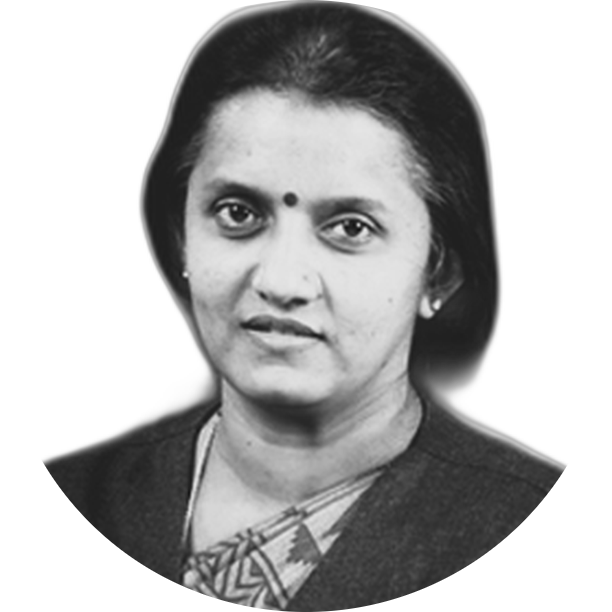
Professor & HOD
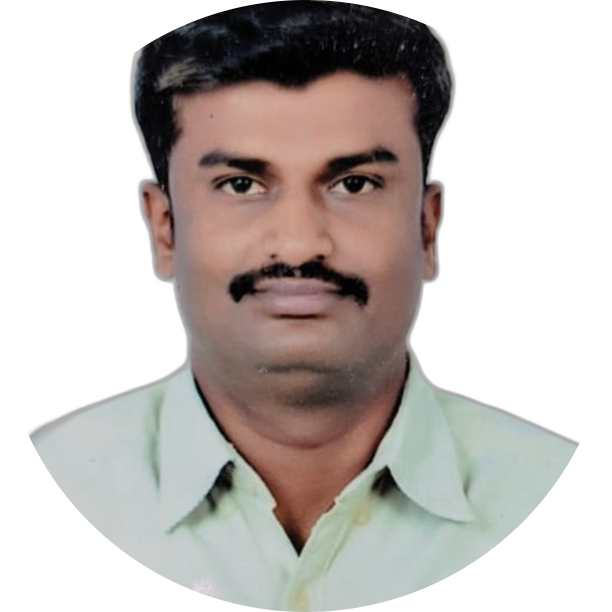
Associate Professor
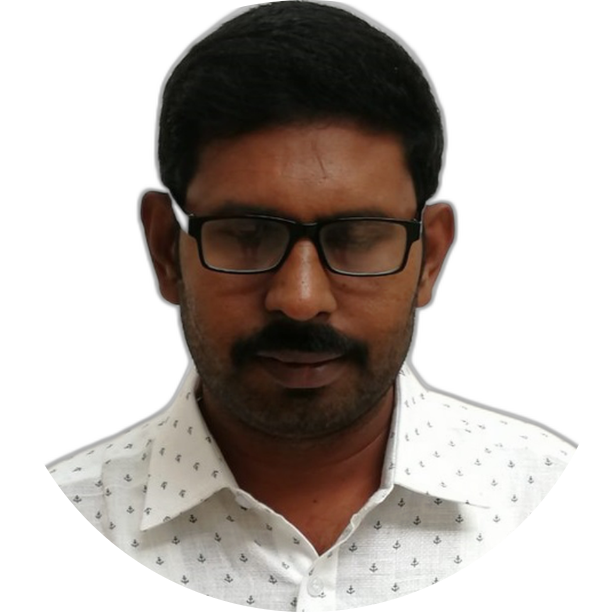
Associate Professor
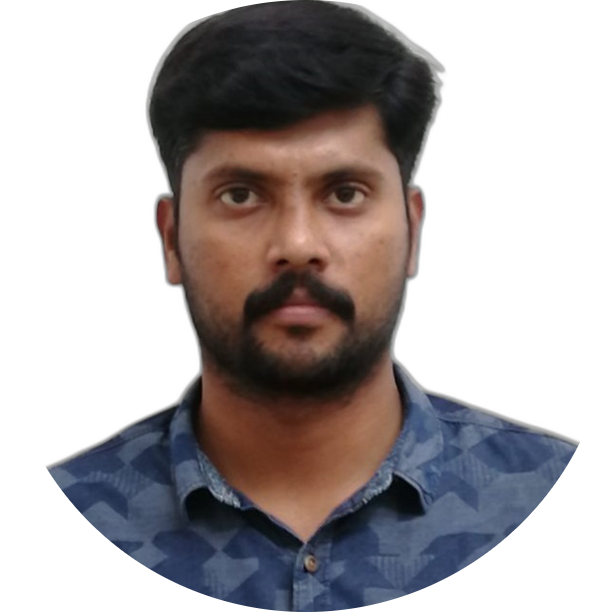
Associate Professor
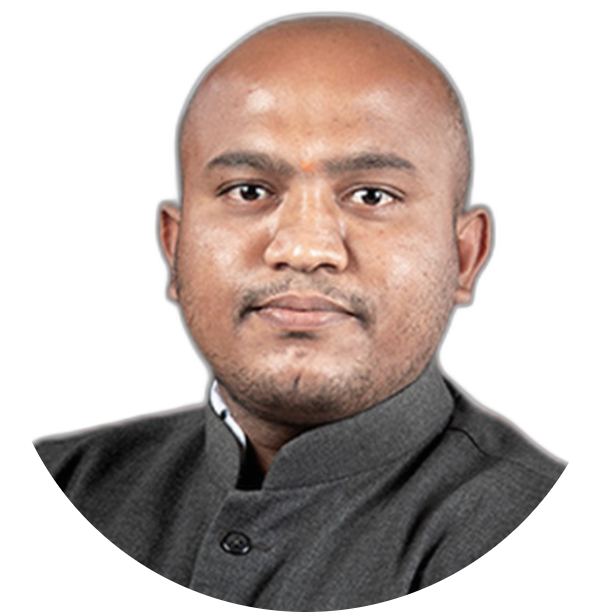
Assistant Professor
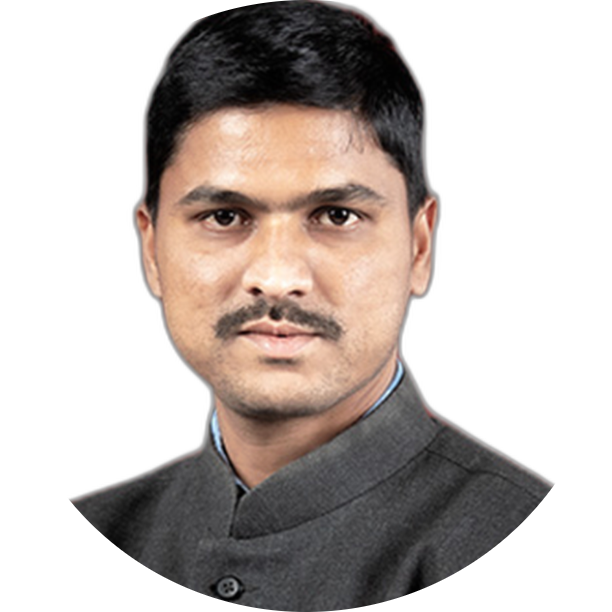
Assistant Professor
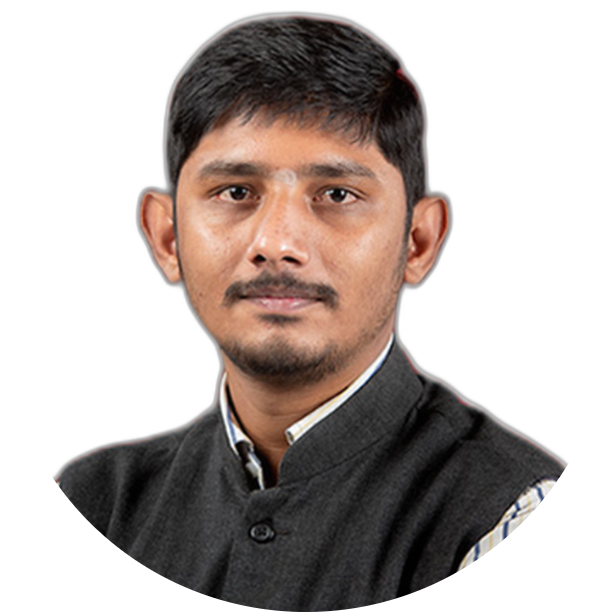
Assistant Professor
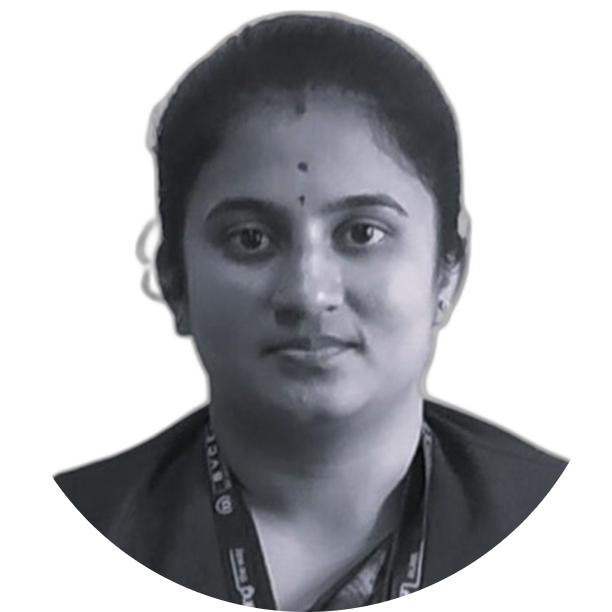
Assistant Professor

Assistant Professor
Sri Venkateshwara College of Engineering (SVCE) Vidyanagar, Kempegowda International Airport Road, Bettahalsoor Post Chikkajala Bengaluru North Taluk, Bengaluru Urban District Karnataka – 562157.
|
Type
|
Degree
|
DMS
|
|---|---|---|
|
Latitude
|
||
|
Longitude
|